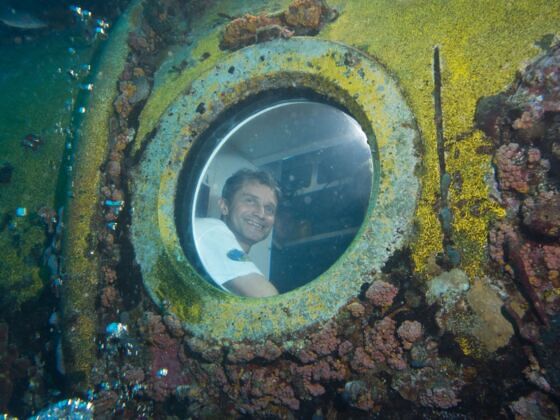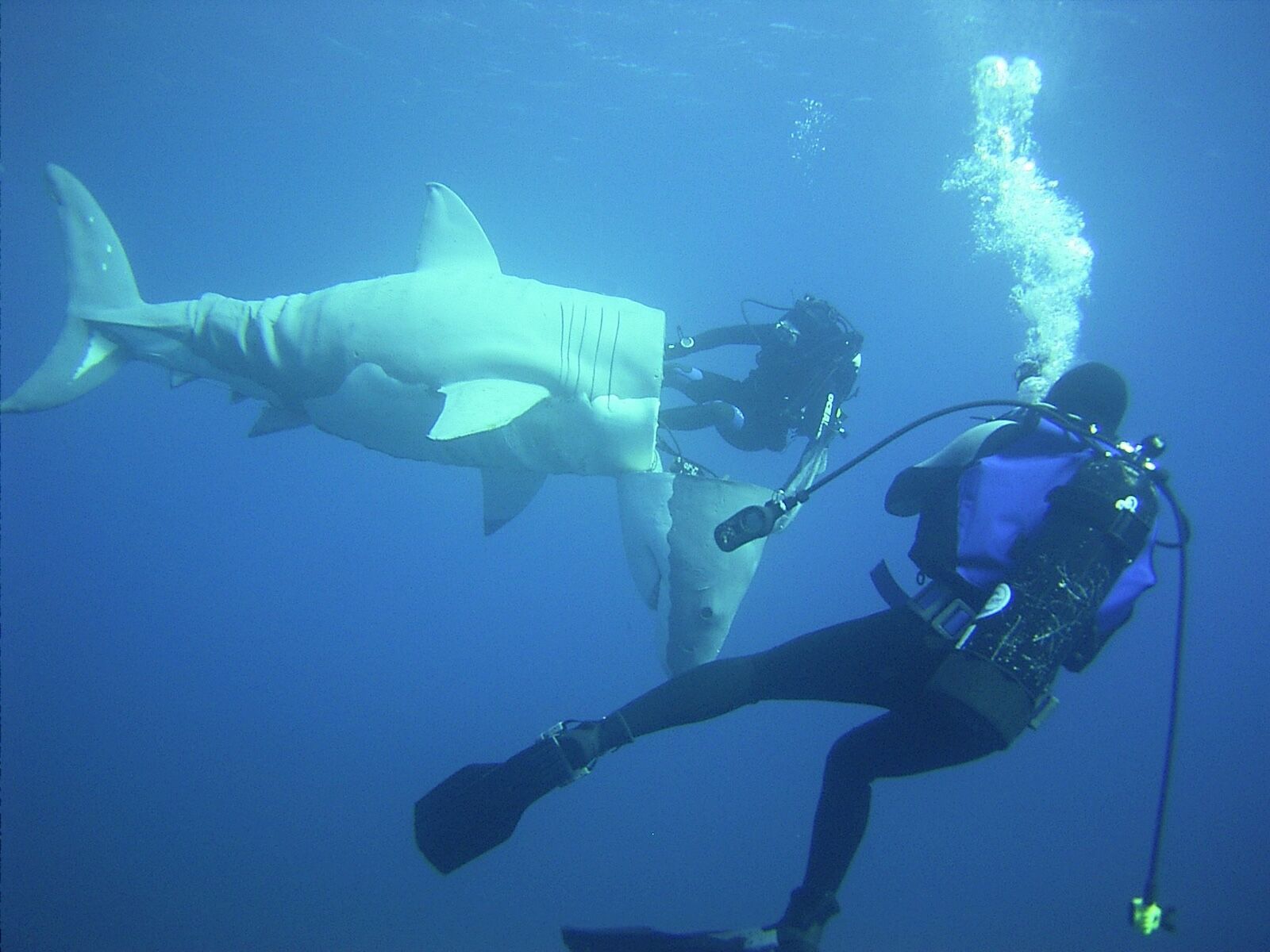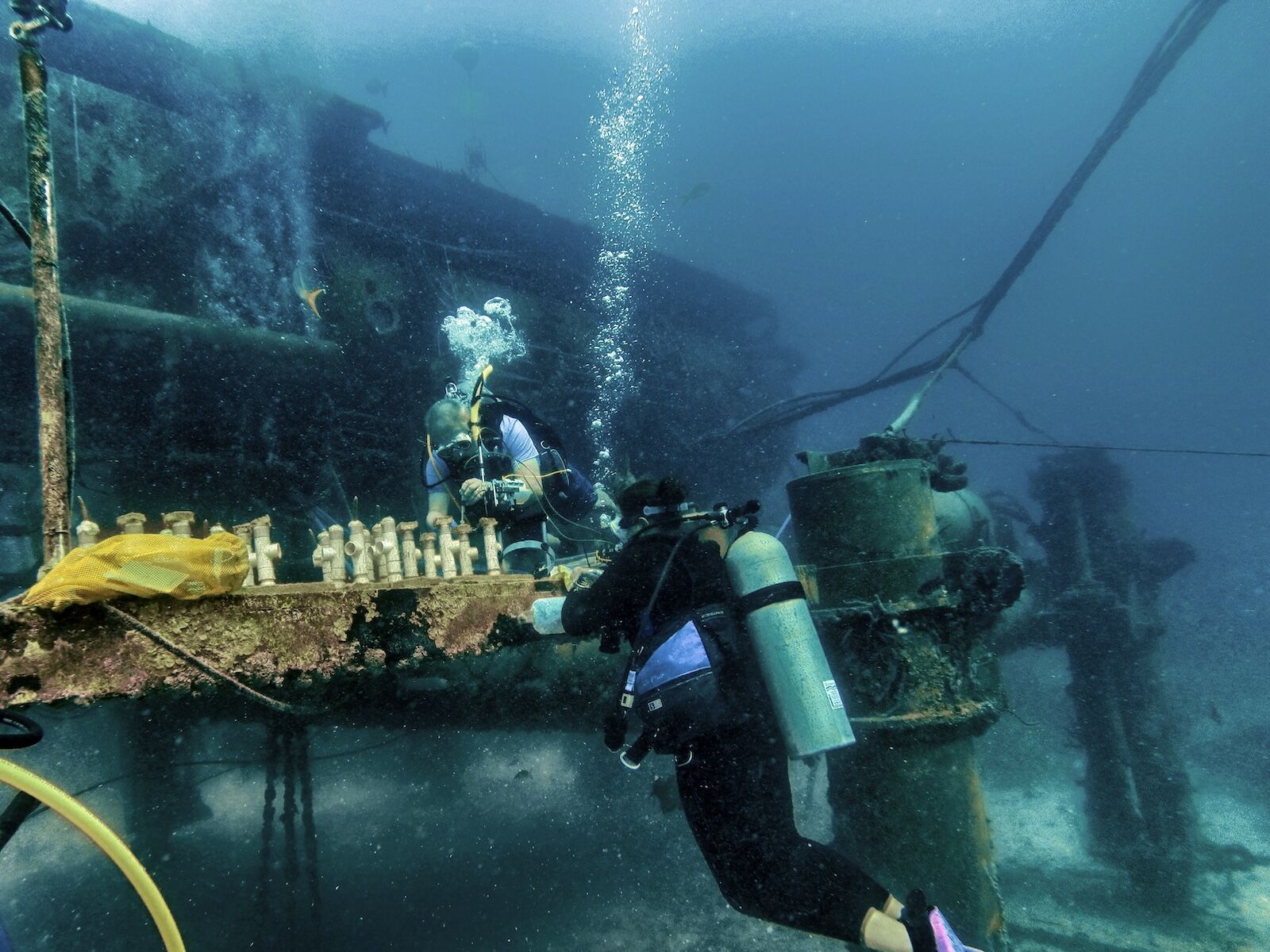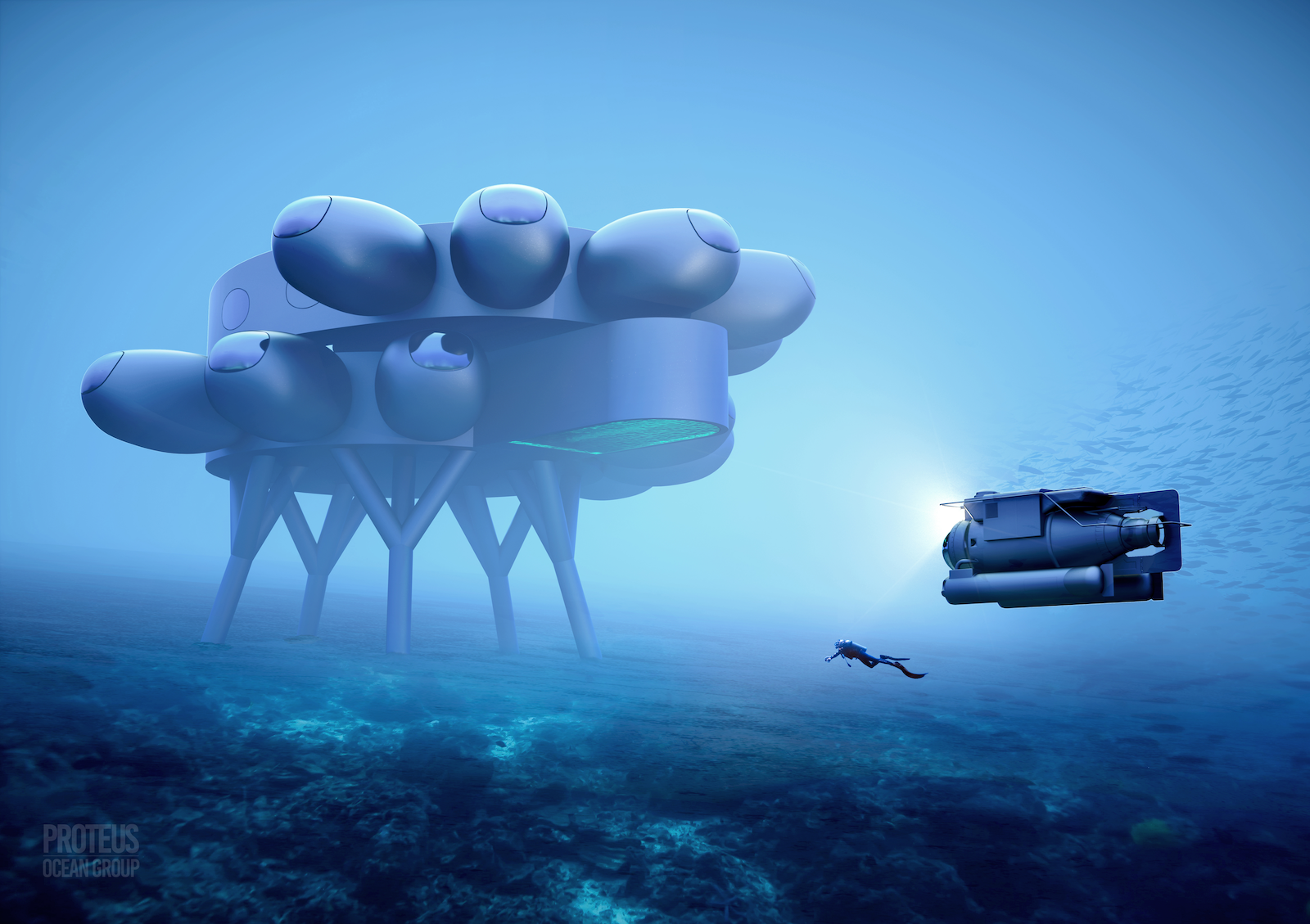Fabien Cousteau has ocean exploration in his genes. The aquanaut’s grandfather, Jacques Cousteau, invented scuba in the early 1940s, built the first underwater habitats, submersibles for scientific research, and the first underwater cameras for filmmaking, among other things. Fabien Cousteau first went scuba diving on his fourth birthday and has gone on expeditions regularly since he was seven.


Meet the Ocean Pioneer Building an Unprecedented Underwater Research Station Near Curaçao
These days, the younger Cousteau is focused on Proteus, a project off the coast of Curaçao that’s designed to be for underwater exploration what the International Space Station is for space: a structure where scientists and engineers can live and work in an extreme underwater environment for extended periods of time.
The first platform is on track to be completed in 2027. Yet the latest is just one step in what Cousteau has been able to accomplish and experience. On the Matador Network podcast No Fixed Address: The World’s Most Extraordinary People, Michael Motamedi and Vanessa Salas spoke with Cousteau about his upbringing, world-renown research projects, and why Curaçao — an island famous for its protected, and growing, coral reefs and ocean life — is the perfect place to start arguably the most ambitious underwater research project humans have taken on.
Proteus isn’t the first time Cousteau has made headlines. He’s undergone a number of experiments that at first glance can seem more than a little out there. To better understand great white shark behavior in the wild, versus when scientists create an artificial environment by chumming the water, Cousteau designed a submersible shaped like a great white in 2006. The idea came from an Adventures of Tintin comic he read when he was a child where the titular character builds a shark-shaped submarine. It worked in real life, too.

Photo: Fabien Cousteu and Proteus Ocean Group
“It was really fascinating when the submarine actually worked,” Cousteau says on the podcast, adding that a failure in the prototype was more dangerous than the sharks. “I got to see some strange behavior that we’ve never seen before.”
For example, the social hierarchy when the typically solitary animals are in close proximity. The older the shark, the higher up in great white shark society, up to the largest apex matriarch.
Cousteau also spent 31 days living underwater off the coast of Florida in a 400-square-foot living space with five other people. The experiment allowed the researchers to do extended dives. The pressure in the underwater lab matched the pressure outside, negating the need for the long decompression time traditional scuba divers need at 60 feet down (the distance that research laboratory, Aquarius, reaches) and more.

Photo: Fabien Cousteu and Proteus Ocean Group
“That’s really the magic, right?” Cousteau says. “Being able to put a human being in that extreme environment for, I say, infinite periods of time. Obviously we get tired, we get hungry, we need to go to the bathroom, all that stuff. But essentially for mission 31 … we spent 31 days in that 400 square feet and did over three years worth of science. And we’re able to reach over a hundred thousand students live all over the world in different parts of the world during that time because we had better WiFi at the bottom of the sea than my own apartment in New York City.”
The ocean, Cousteau says, “plays the role of barometer for the greater climate crisis issue.” Still, humans have only scratched the surface of understanding the ocean’s depths. Innovative research tactics are helping to change that — even if it means being slapped by spotted eagle rays while doing said research.

Photo: Fabien Cousteu and Proteus Ocean Group
Curaçao is the perfect place for Proteus, though Cousteau’s ultimate goal is to have a network of similar habitats to better understand ocean health. The island is the pinnacle, allowing for research of everything from the more shallow coral reefs to the depths. Added bonus: on land there is a vibrant culture and incredible restaurants, including ones that serve dishes centered around invasive species like lionfish. It’s also an analogue for astronauts to train in an extreme environment.
“The ocean is our life support system, and we’ve explored less than 7 percent of it to date,” Cousteau says. “So [Proteus] gives us a real unique opportunity that no other tool in the toolbox of ocean exploration gives us.”
To hear more about Cousteau’s adventures and his outlook on ocean life and the future of underwater exploration, listen to the full episode of No Fixed Address: The World’s Most Extraordinary People on your favorite listening platform.